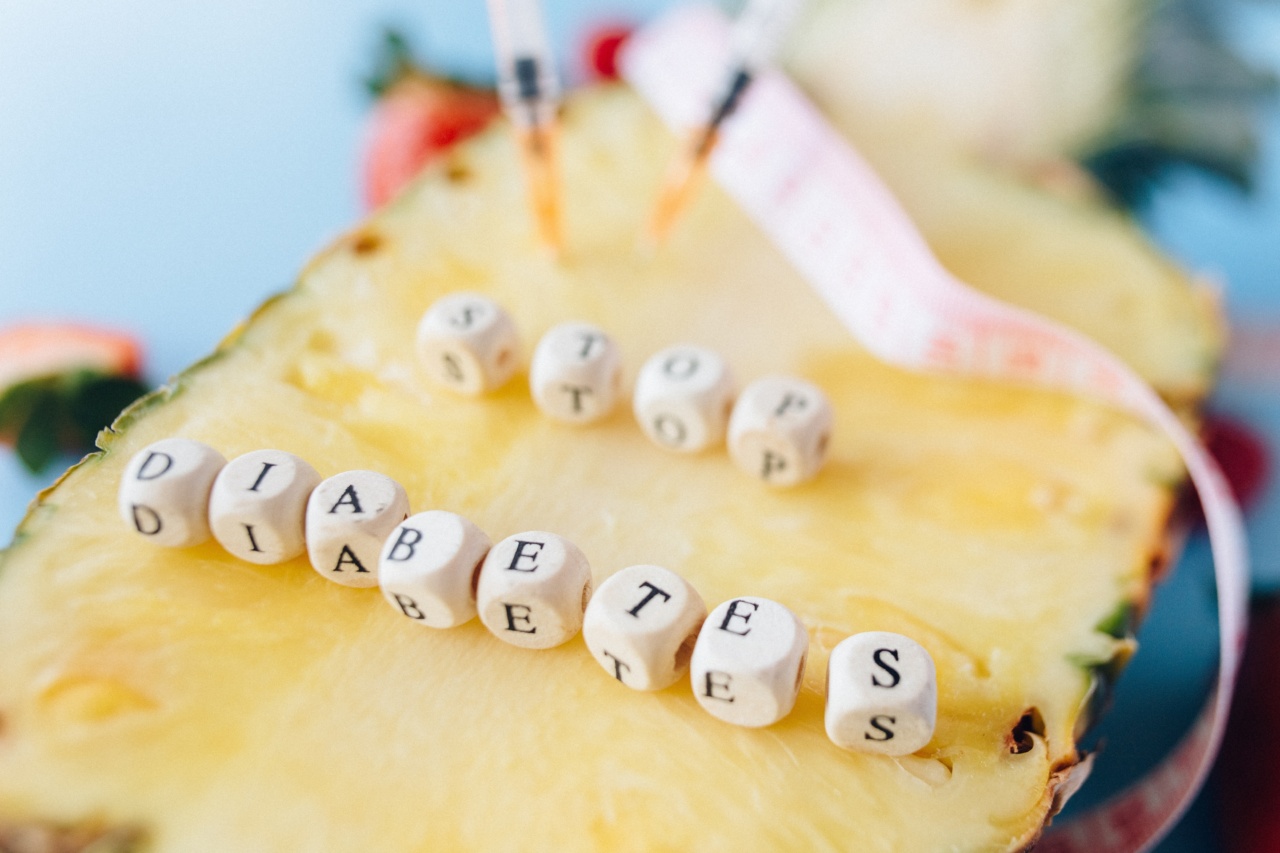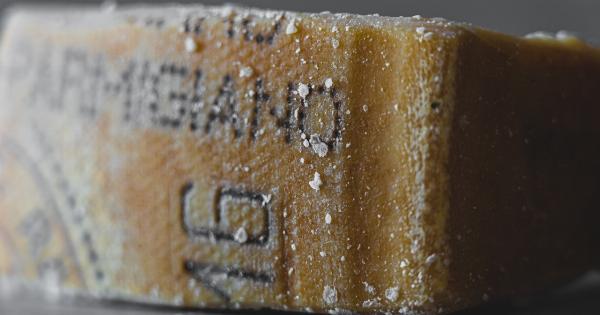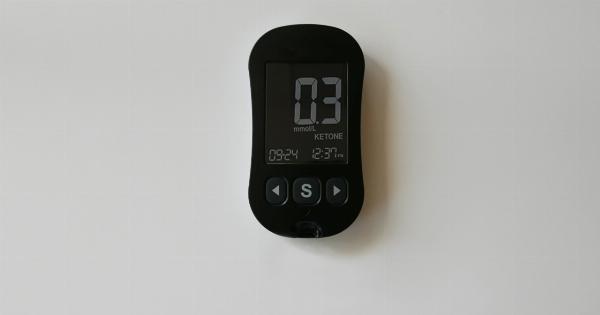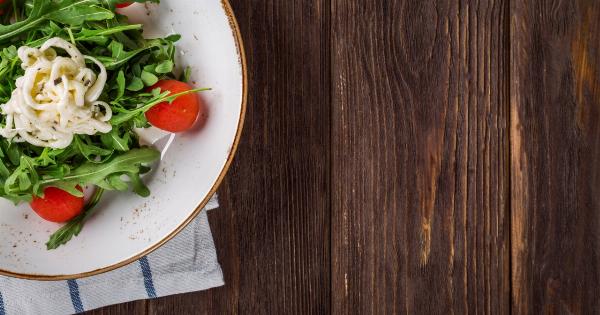Chronic kidney disease (CKD) is a condition in which the kidneys lose their function over a period of time.
The causes of CKD are numerous, but lifestyle factors such as diet and nutrition can play a significant role in both the development and progression of the disease. In this article, we will explore the role of nutrition in preventing CKD and managing its symptoms.
What is Chronic Kidney Disease?
Chronic kidney disease is a medical condition in which the kidneys lose their function over time. This can lead to a range of symptoms, including fatigue, weakness, loss of appetite, and difficulty sleeping.
Ultimately, CKD can result in kidney failure, which may require dialysis or a kidney transplant.
There are several risk factors for CKD, including high blood pressure, diabetes, and obesity. Other contributing factors may include a family history of kidney disease, smoking, and certain medications.
Because many of these factors are related to lifestyle, nutrition is an essential component of both preventing and managing CKD.
How Nutrition Affects Kidney Health
The kidneys play a vital role in filtering waste products from the blood and maintaining fluid balance in the body.
When the kidneys are functioning properly, they help to remove excess water and waste products, such as urea and creatinine, from the body. They also help to regulate the levels of electrolytes, such as sodium and potassium, in the blood.
When the kidneys are damaged, they may become less effective at filtering waste products and regulating fluid balance. This can lead to the build-up of toxins in the body, which can cause a wide range of symptoms and complications.
Nutrition plays an essential role in kidney health because it can either support or harm the kidneys’ ability to function.
A diet that is high in sodium, phosphorous, and protein, for example, can put extra strain on the kidneys and may contribute to kidney damage over time. On the other hand, a diet that is low in sodium, phosphorous, and protein but high in fruits, vegetables, and whole grains can support kidney health and may help to prevent or slow the progression of CKD.
Nutrition Guidelines for CKD Prevention and Management
Individuals who are at risk for CKD or have been diagnosed with the condition should work closely with their healthcare team to develop an appropriate nutrition plan. Here are some general guidelines that may be recommended:.
1. Limit sodium intake
Sodium can increase blood pressure and may contribute to fluid retention in the body, which can put extra strain on the kidneys. Individuals with CKD should aim to limit their sodium intake to less than 2,300 mg per day.
This may involve reading food labels carefully, cooking with less salt, and avoiding processed foods.
2. Control blood glucose levels
Diabetes is one of the leading causes of CKD, so individuals with this condition should work closely with their healthcare team to control their blood glucose levels.
This may involve monitoring blood glucose regularly, taking medication as prescribed, and making lifestyle changes such as improving their diet and increasing physical activity.
3. Limit protein intake
Excess protein can put extra strain on the kidneys and may contribute to the build-up of toxins in the body. Individuals with CKD may need to limit their protein intake to around 0.6-0.8 grams per kilogram of body weight per day.
4. Monitor phosphorus intake
Phosphorus is an essential mineral that plays a vital role in bone health. However, too much phosphorus can be harmful to individuals with CKD because it can contribute to the build-up of toxins in the body.
Individuals with CKD may need to limit their phosphorus intake to less than 1,000 mg per day.
5. Increase fruit and vegetable intake
Plant-based foods are an excellent source of vitamins, minerals, and antioxidants, and may help to protect the kidneys from damage. Individuals with CKD should aim to eat at least 3-5 servings of fruits and vegetables per day.
6. Drink plenty of water
Drinking enough water is essential for maintaining good kidney health. However, individuals with CKD may need to monitor their fluid intake carefully, especially as they progress to more severe stages of the disease.
Your healthcare team can help you determine how much water is appropriate for your individual needs.
Conclusion
Nutrition plays a critical role in preventing and managing chronic kidney disease.
A diet that is low in sodium, phosphorus, and protein but high in fruits, vegetables, and whole grains can support kidney health and may help to slow the progression of the disease. Individuals with CKD should work closely with their healthcare team to develop an appropriate nutrition plan that meets their individual needs.































